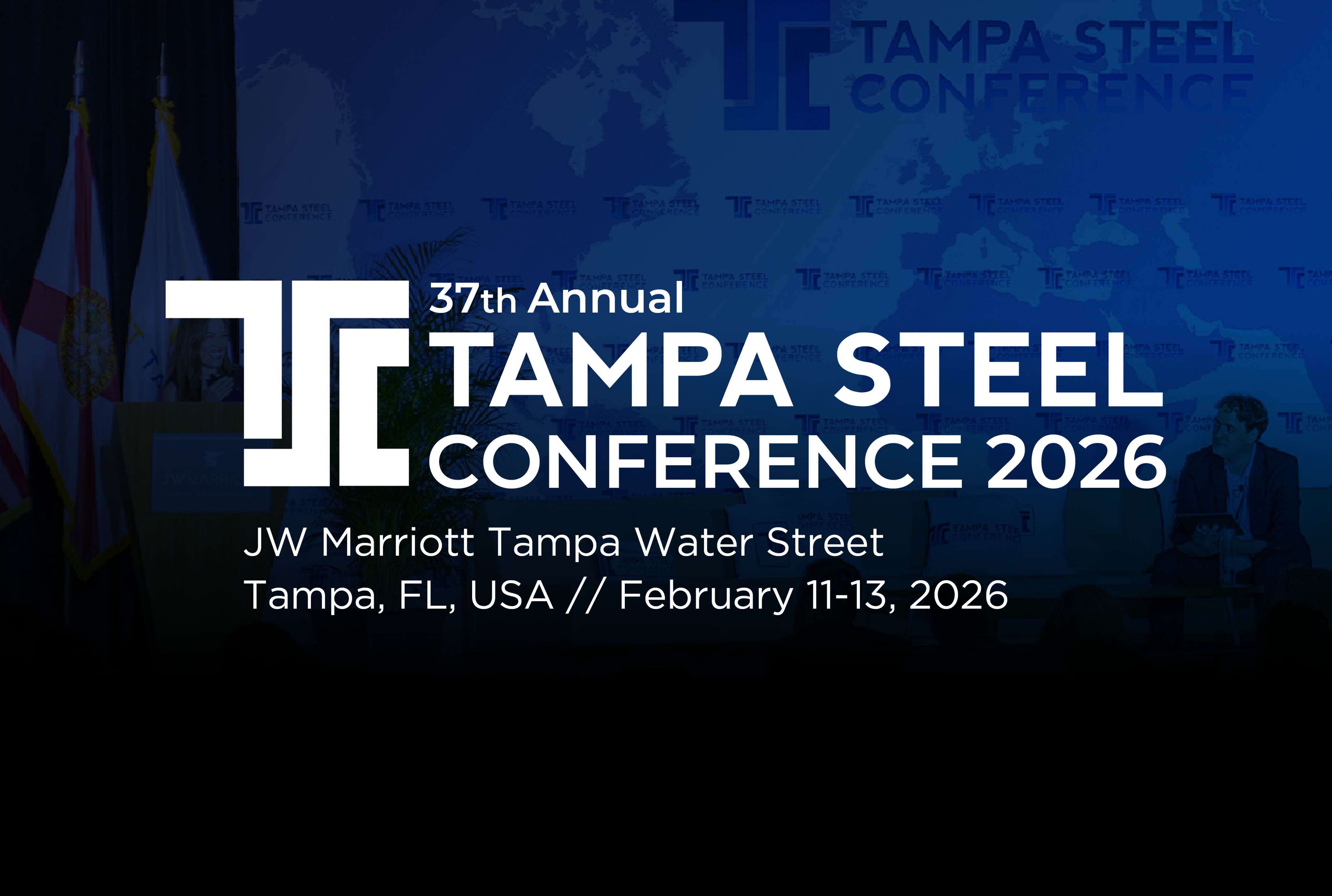Community Events

April 23, 2020
SMU Webinar: When Will Auto Production Resume?
Written by Sandy Williams
Automakers are facing numerous challenges as they prepare to reopen manufacturing impacted by the COVID-19 crisis. Already facing lower sales this year, the pandemic has shut down vehicle production and dealer sales, disrupted supply chains and drained finances for U.S. vehicle manufacturers, with troubling implications for their steel suppliers.
Bernard Swiecki, senior automotive analyst at the Center for Automotive Research and featured speaker during SMU’s Community Chat on Wednesday, said previous forecasts for 2020 auto sales are “out the window” as we look at a “whole new reality.”
Monthly sales were tracking with prior-year numbers until the government shutdown of nonessential businesses in mid-March. The March report was the first time light trucks (a category that includes the popular SUVs and CUVs) fell as a group. Pickup trucks, the most profitable product for automakers, still managed a 2 percent increase in March, Swiecki said.
In January, CAR forecast that sales this year would total around 16.5 million units. “We are now thinking, if this should be a six-week shutdown, 15.6 million; a 12-week shutdown, 15.1 million; and if it goes as long as six months, sales of just 13.1 million vehicles,” said Swiecki.
The big question is, when will the automakers reopen the plants? It will likely occur in phases, said Swiecki, with some operations probably returning in May. For auto manufacturing to begin, suppliers have to restart their operations, including those that manufacture vehicle components overseas. Those countries need policies in place to restart trade. It is a complex ecosystem, said Swiecki. “You can’t build a full car unless the full supply chain is functioning.”
Auto manufacturers will likely begin with high-profit-margin truck manufacturing. The first to open will probably be non-unionized plants. The extremely low price of oil, and thus gas prices, will be a welcome driver for the purchase of larger vehicles like pickups and SUVS, he noted. That’s positive news for steel suppliers, as larger vehicles consume more conventional and advanced high-strength steels.
Restarting the idled auto plants is not just a matter of flipping a switch. Carmakers may not have the necessary cash, said Swiecki. With sales at a near standstill for the past several weeks, car companies have burned through their reserves. The longer they are shut down, the less capital they will have to resume operations. Automakers pared down operations after the 2008-2009 crisis so they could be profitable in an overall market of 10-12 million units per year. Unfortunately, that calculation did not factor in an extended period with sales and cashflow near zero.
“Everything we prepared for as a crisis in the auto industry looked at a huge drop in supply and demand, but not zero,” said Swiecki. “Expectations were that we would continue making vehicles, that the supply base would continue making parts, and that the car companies would have revenue coming in from consumers–that it just wouldn’t be as high as before. Now, with a few months of stoppage, it’s a whole different game.”
CAR has posted a feature story and series of maps on its website that will track the restart of automotive manufacturing. The dates keep changing so it will be updated as necessary. To access the information, visit www.cargroup.org
As the automotive operations return, there will be a need for steel, and mills that have idled capacity will need to take steps to meet that demand, said SMU President and CEO John Packard. Integrated mills, because of their ability to produce high-quality, low-residual steel for the auto industry, have been affected more by the auto shutdowns than EAF operations. “It will be an interesting time to see how quickly plants come back and how quickly they can ramp up,” Packard added.
Editor’s Note: Next week’s webinar will be held on Wednesday, April 29, at 11 a.m. Eastern Time and will feature Ken Simonson, chief economist of the Associated General Contractors. This webinar is open to SMU & CRU members, as well as anyone in the industry. Click here to register.






